What is Link Building
Link building refers to obtaining backlinks (or inbound links) from other websites to various pages on your site. Links are important in ranking, as search engines like Google use them to assess a website’s relevance and authority. This makes link-building an essential component of SEO.
Importance of Link Building
Link building is important because backlinks are one of the key ranking factors for search engines like Google. In fact, Google has confirmed that links are among the top three ranking factors. Additionally, backlinks play a role in Google’s E-A-T framework (Expertise, Authoritativeness, and Trustworthiness), influencing a website’s Page Quality Rating.
Search engines see backlinks as endorsements from other websites, meaning that the more high-quality backlinks your pages receive, the better their chances of ranking for relevant keywords.
This was also confirmed by a recent study conducted by SEMrush, in which they found backlinks to still be one of the most important SEO ranking factors of 2024. If you’d like a summary of this report, check out our podcast, where we summarise and explain key points:
What Factors Make a High-Quality Link?
A good link comes from a trustworthy, authoritative, and relevant website, offering value to both users and search engines.
Here are the key factors that define a good link:
- Relevance: The link should come from a website or page that is closely related to your content. Search engines prioritise links from sources that are contextually relevant to your site’s subject matter, making the link more meaningful and beneficial for SEO.
- Authoritative Domains: Links from authoritative sites carry more weight. A link from a high domain authority site, such as a well-known news outlet or industry leader, signals to major search engines that your content is credible and valuable.
- Trustworthiness: A good link comes from a trustworthy source. Websites with a strong reputation for quality, accuracy, and adherence to search engine guidelines are considered trustworthy, and their links can significantly boost your SEO. A quick way to tell if a site is trustworthy is to take a look at the keywords they’re ranking for – if they’re ranking for a bunch of spammy keywords, it’s best to steer clear.
- Natural Placement: The link should be placed naturally within the body content, not forced or part of a manipulative link scheme. A natural, contextual link that flows with the helpful content is seen as more valuable by search engines and readers alike.
- Dofollow Status: Dofollow links pass SEO value (also known as link juice) from the referring site to your page. While nofollow links don’t transfer this value, they can still be useful for referral traffic, but dofollow links are generally more beneficial for SEO.
- Diverse Anchor Text: The anchor text (the clickable text of the link) should be diverse and relevant to the content. Avoid overusing exact match keywords in your anchor text, as it can be seen as manipulative. Natural, varied anchor text signals authenticity to search engines.
- Editorially Placed: Editorial links—where a website chooses to link to your content because of its quality—are considered much stronger than links you’ve paid for or placed yourself. These links demonstrate genuine endorsement and trust.
Link Building Strategies
Several effective link-building methods can help improve your site’s authority and rankings. However, it’s important to follow ethical practices, known as white hat methods, to avoid penalties from search engines like Google.
Create High-Quality Content
Producing valuable, informative, and engaging content is one of the best ways to naturally attract backlinks. When your piece of content provides useful insights or solutions, other authoritative websites are likelier to link to it as a reference, making it easier to promote and build links.
Guest Post Content
Contributing well-written articles to reputable sites in your industry is a popular link building method. By including a relevant link back to your website in the author bio or content, you can gain backlinks and establish yourself as an authority in your field.
Broken Link Building
This method involves finding broken links on other websites and offering your content as a replacement. It helps webmasters fix dead links while providing you with a valuable backlink in return.
Social Media Promotion
Sharing your content on social media platforms increases its visibility, giving it more opportunities to attract backlinks. When content gets shared widely, it’s more likely to be picked up by other websites looking for valuable resources.
Resource Page Link Building
This approach involves acquiring backlinks from resource pages that curate helpful tools, articles, or websites. By getting your content listed on relevant resource pages, you can gain valuable backlinks that help improve your site’s SEO.


